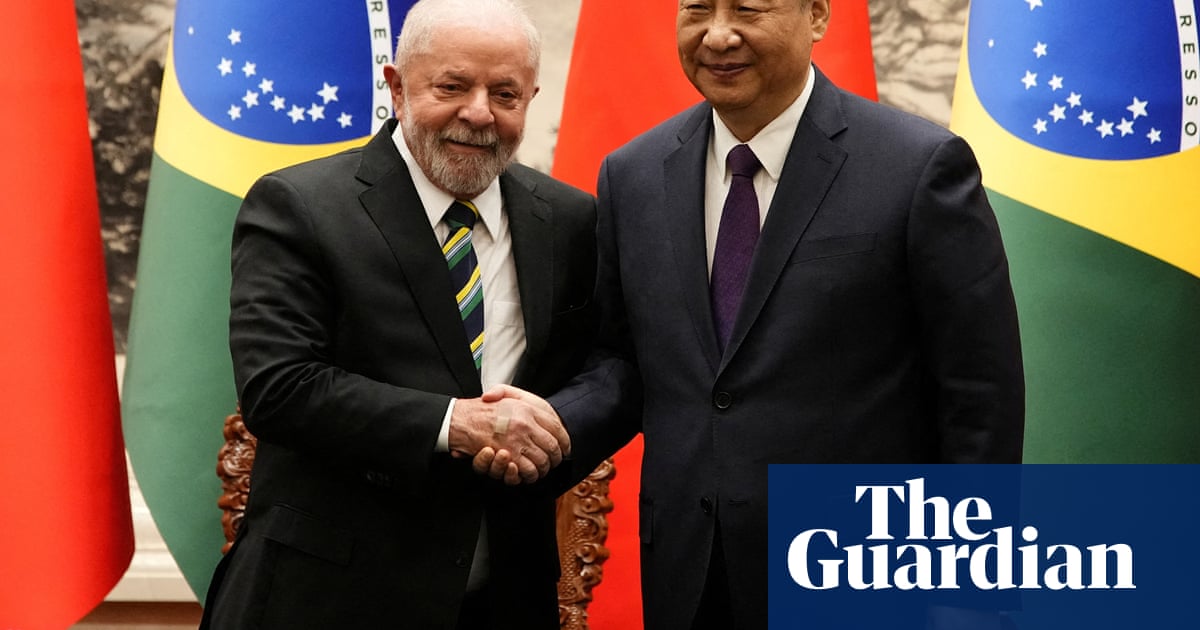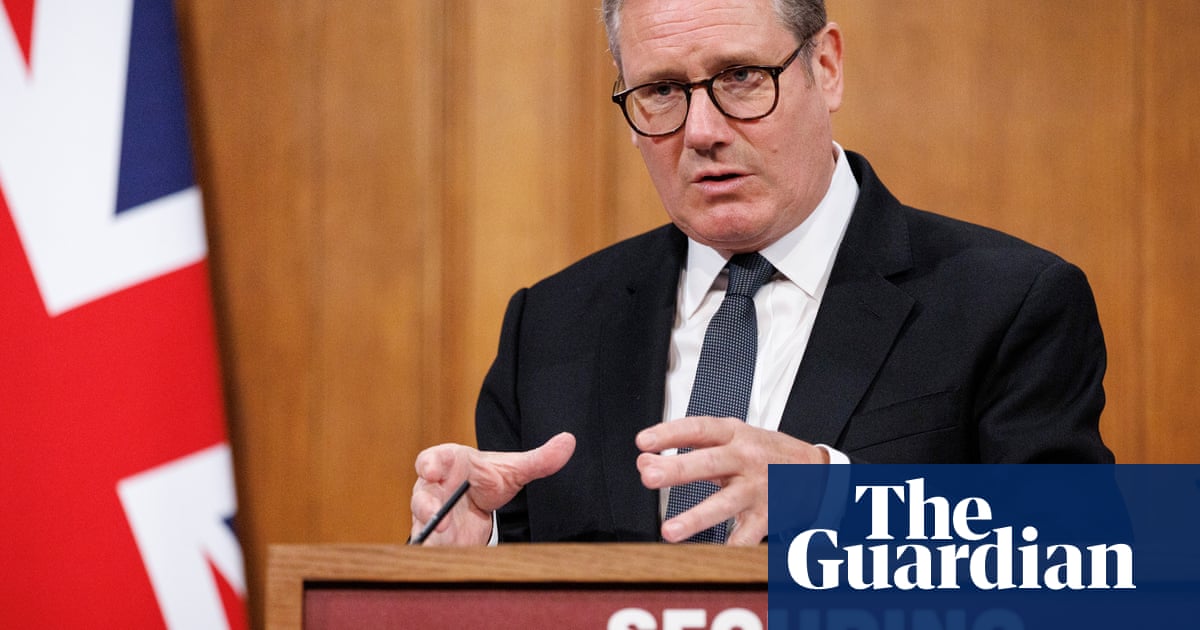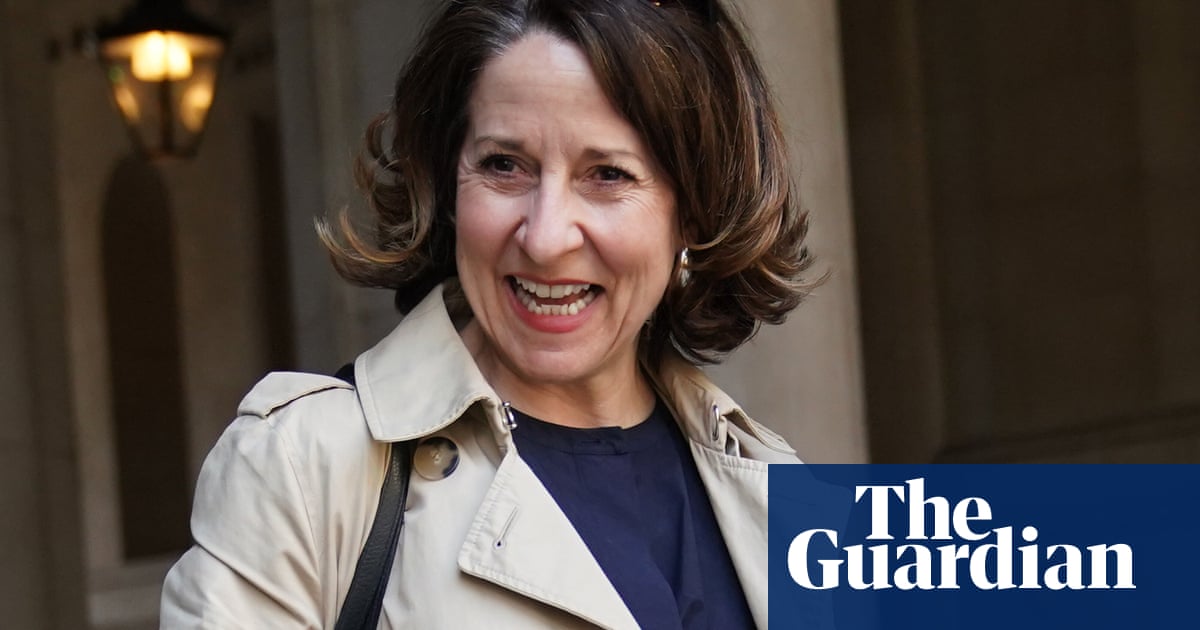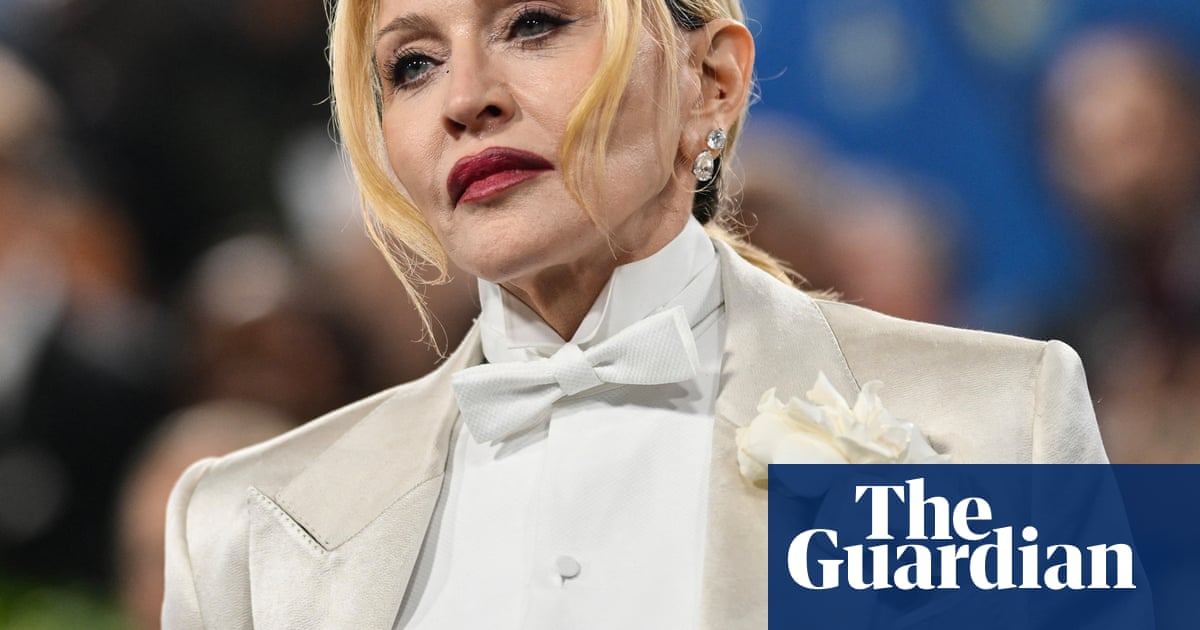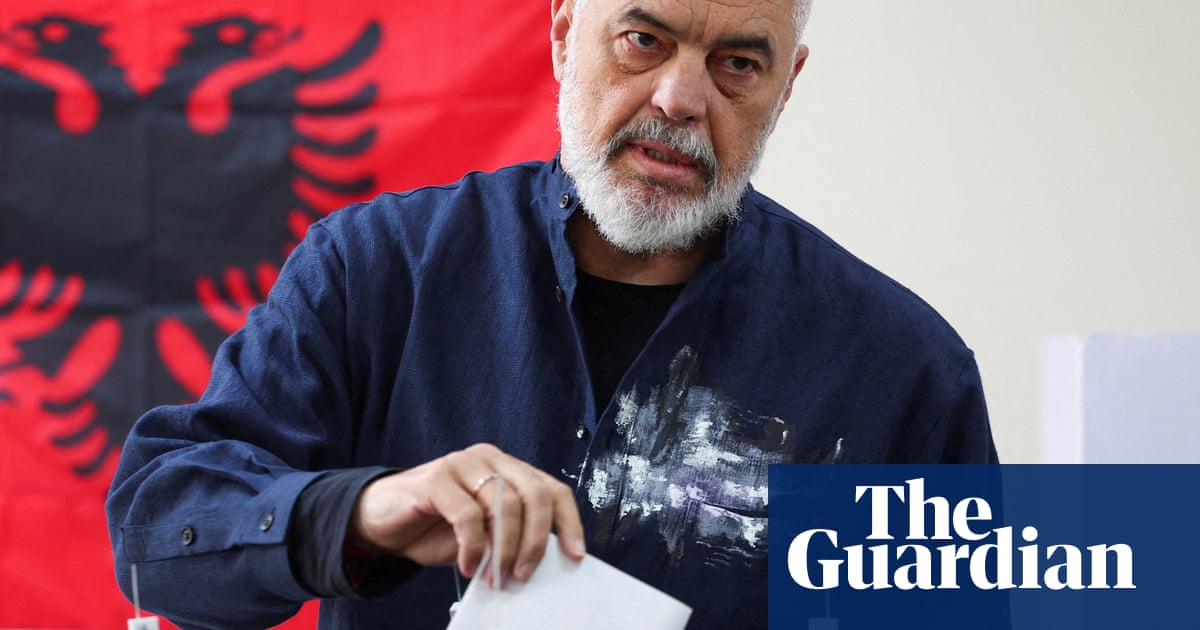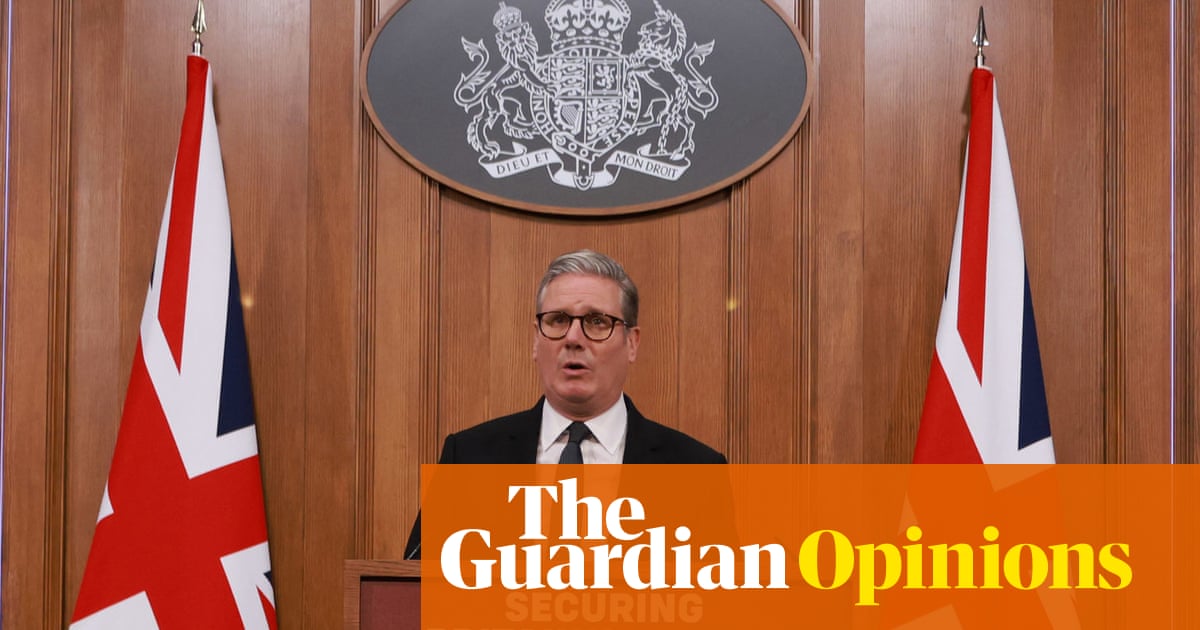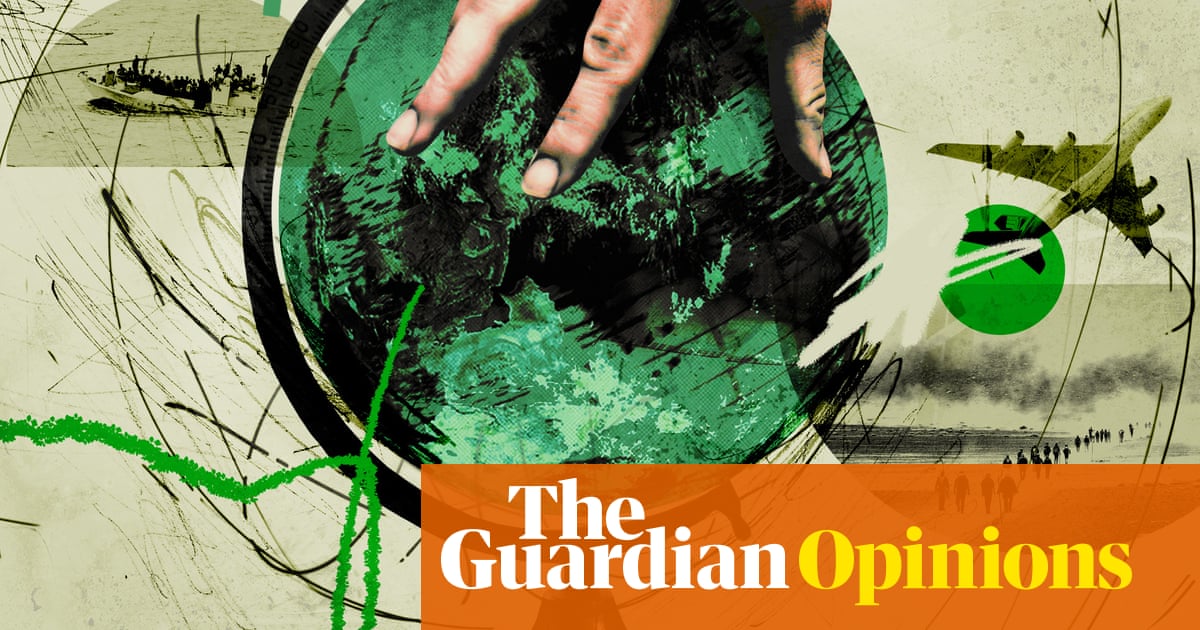The BBC is still in the premier league of great British institutions – just. Other countries have public broadcasters, but none has the BBC’s range and authority. For generations, the corporation has served as a beacon of quality entertainment and journalism. Its World Service is a global shrine to the English language, with an astonishing 320 million worshippers. The BBC’s viewers pay a licence fee of just over £3 a week per household, which covers national TV channels, radio, iPlayer, a variety of apps and the World Service. That seems remarkably good value.
Yet the problem is obvious. What was designed as the monopoly supplier of British broadcasting is now overwhelmed by a tidal wave of competition. The BBC boasts eight television channels; on my last count Sky had about 50. What with streaming, repeats, catch-ups and podcasts, Britain’s computer-literate younger generation sees nothing special in the BBC: in 2019, YouTube overtook the BBC among under-16s. Yes, the BBC delivers Gavin & Stacey, Call the Midwife and Wolf Hall, but so could someone else and simply charge for them. And while documentaries of David Attenborough’s class remain outstanding, BBC One and Two are otherwise desperate for clicks, and seem padded out with hours of low-cost quizshows, antiques sales and celebrity wanderers.
As for television news, the serious newsreader has become a standup introducer of items packed with vox pops, crime scenes and interviews with reporters. Newsnight, for example, was stripped of its own reporters, and dropped its investigative films to focus on studio debates. The place for serious news and political discussions at the BBC is radio, which is the one service that still links past to future quality, though it is rarely mentioned in the licence fee debate. I must have learned more raw wisdom in a lifetime of listening to Radio 4 than from any other source. I would pay double the licence fee for it alone. While Radio 3 is losing its way as it fights off the advert-cursed Classic FM, it, too, is in a league of its own. Abroad, there is nothing like these stations.
Therein lies the problem. Everyone has their own BBC. The reality is that for the mass of BBC viewers, its output of drama, documentaries, entertainment and sport is all but identical to what is available on other channels, where viewers are happy to subscribe. They pay for what they want. So if the market can supply a particular class of programmes, why on earth should the state do so? I can see no reason why the BBC shouldn’t divide its output into two: public service journalism paid for by Treasury subsidy, and commercial content paid for by subscription.
The present system in effect has millions of younger and poorer viewers subsidising older and richer ones. And they must endure almost 1,000 prosecutions a week for non-payment of the licence fee, with more than two thirds of those prosecuted being poorer women. The question, then, is what are the distinctive features of the rest of the BBC without which British cultural life would be bereft?
Anyone who has lived with the US broadcast media knows the answer. It lies in the corporation’s rigorous attachment to balance and impartiality, and in its serious cultural output. Parliament still requires Ofcom to uphold impartiality and fairness in broadcasting, which no one has bothered to do in the case of the press or social media. There remains a discipline in the BBC – not always observed – that in working there I have always found sincere and professional. Research indicates that the corporation is attacked almost equally for being biased to the left and the right.
Either way, there is a sense in which the BBC’s size and its tradition has long shielded it against political bullying. This shield needs protecting if, as seems likely, the licence fee will indeed be replaced by some form of direct Treasury subsidy.
This hybrid funding for a new BBC might see it cease a number of activities, notably in sport and mass entertainment, that will not be sustainable on subscription alone. So be it. But the beneficiary would be a subsidised public service wing still devoted to its Reithian tradition of quality television and radio. At the same time a huge edifice of bureaucracy should be reduced in size.
We might then see a smaller BBC, part subscription, part grant-financed, mutate into a new incarnation. It could serve a market that is already happy to pay for what it enjoys, and one that, frankly, is not.
-
Simon Jenkins is a Guardian columnist

.png) 3 months ago
41
3 months ago
41


